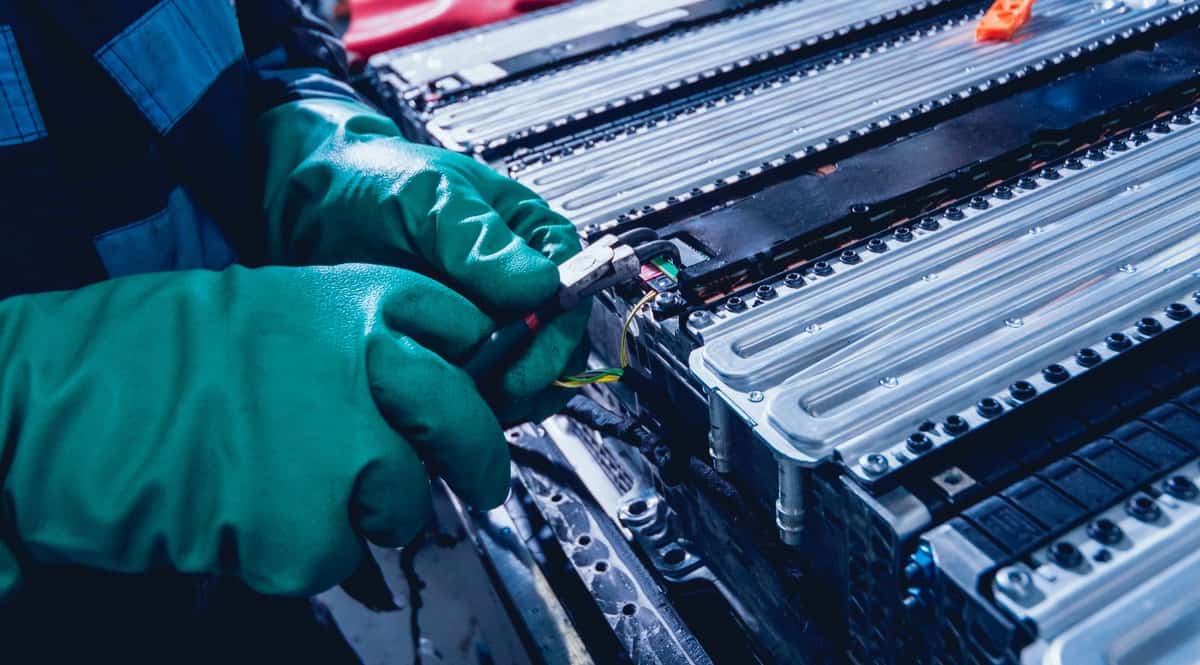The National Highway Traffic Safety Administration (NHTSA) presented a more stringent proposal for the US fuel economy standards on Friday as it aims to accelerate the country’s electric vehicle uptake.
As per the new proposal, US-based automakers will need to improve passenger cars’ average mileage from 2027 to 2032 by 2% annually. That percentage would increase to 4% for light trucks as the government aims to hit an annual average fuel economy of 58 miles/gallon by 2032.
That said, electric vehicles must account for approximately two-thirds of new car sales by that time, as the New York Times reported.
The Transportation Department expects the proposal for the new fuel economy standards to prevent over 900 million tons of CO2 emissions.
The report also noted that the law restricts the NHTSA from basing its fuel economy standards proposal on electric vehicles. Nonetheless, automakers have the freedom to market EVs to meet the standards.
Therefore, the Biden Administration is pursuing new car sales from two distinct perspectives. It introduced new EPA rules proposal that could reduce passenger cars and pickups’ CO2 emissions by 50% from 2026 to 2032.
Issues
US-based automakers are apparently facing numerous barriers as they take measures to shift to EVs. Some of these impediments are the lack of sufficient and reliable charging and other relevant infrastructure and expensive battery-grade rare mineral costs.
In effect, American legacy automaker Ford and other automakers have been prompted to implement layoffs to cut expenses and stay operational.
In that sense, republicans highly contended the new fuel economy standards proposal. In fact, Senator Ted Cruz (R., Texas) even stated that the Transportation Department rules are part of the ongoing “war on affordable gas-powered cars and trucks.”
“This de facto EV mandate will dramatically raise car prices, weaken energy security, and is likely contrary to the law.”
Senator Ted Cruz (R., Texas) told Politico
In addition, some consumer groups cited EVs’ expensiveness compared to conventional vehicles. In response, the Transportation Department argued that oil and gas-powered vehicle buyers could save money on fuel with the proposed rules.
“Better vehicle fuel efficiency means more money in Americans’ pockets and stronger energy security for the entire nation.”
Transportation Secretary Pete Buttigieg
As per a few legal experts, the Biden Administration acknowledges the likelihood that one set of proposed rules may be rejected in court by managing this from two different angles.
“To a certain extent this is belt and suspenders. The fact that we have two different rules from two different agencies under two different statutes increases the odds that at least one will survive.”
Michael Gerrard, Columbia Law School’s environmental law professor
In addition, Arizona’s Republican legislators have already submitted their resistance against the newly proposed CO2 standards. They even warned of taking legal measures if the EPA actually pursues them.
“These proposed rules will have dire consequences for everyday people here in Arizona, risking our economy, our power grid, and our national security. We are stepping into the gap to hold the line against federal overreach.”
Arizona senate president Warren Petersen told National Review
See Also:
- EPA to mandate up to 67% of all new cars sold in the US to be electric by 2032
- SAE sets performance standards for Tesla NACS, paving the way for industry standardization
- Australia has officially released its fuel efficiency standards
- Australia to impose vehicle pollution standards to accelerate its EV adoption
- Tesla warns customers on the looming federal tax credit reduction of the Model 3 in 2024
The Biden Administration’s newly proposed fuel economy standards will undoubtedly aid the country in achieving its target of hitting 60% EV market share by 2030.

